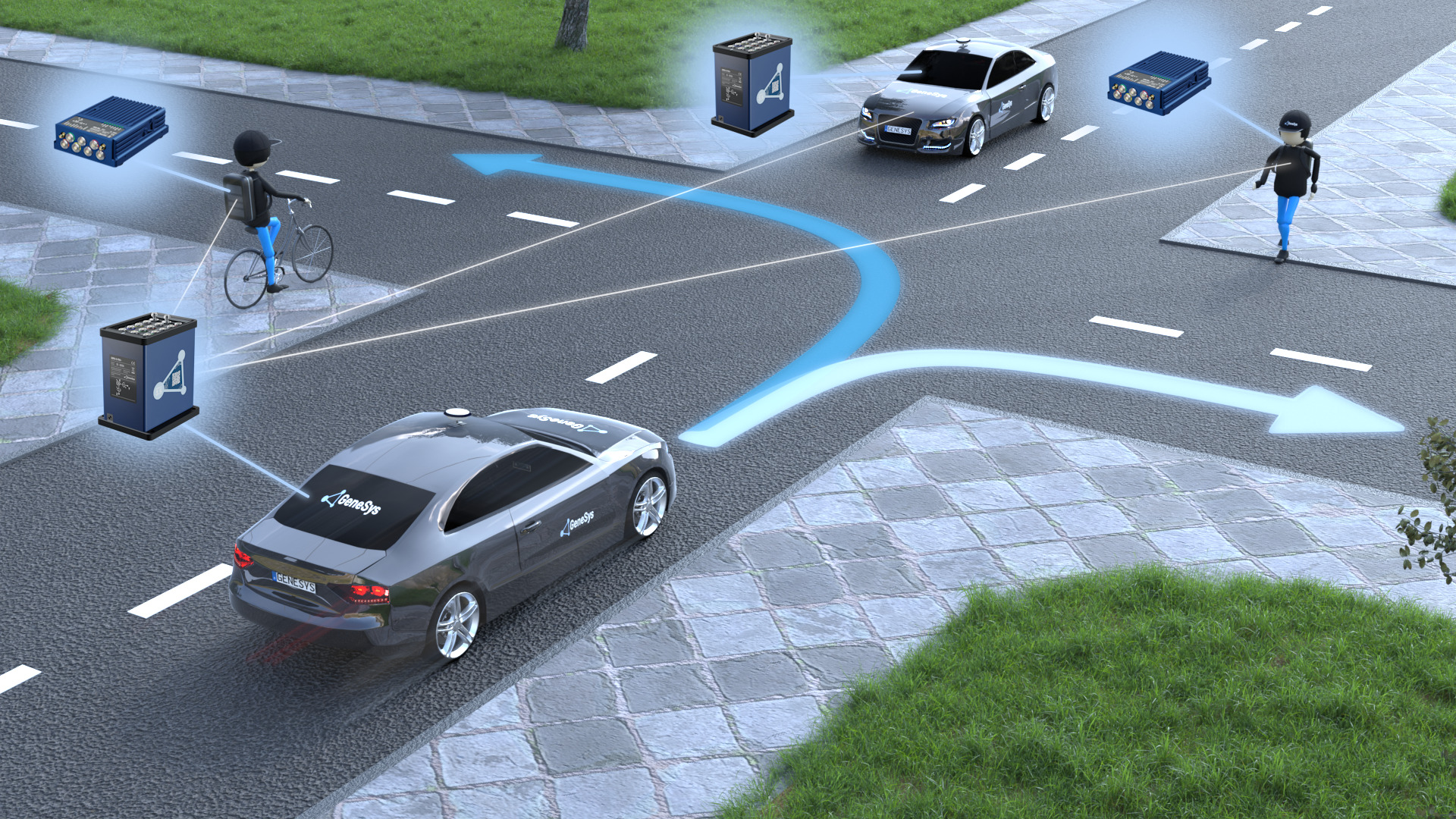IEC 60950 Electronics Safety Evaluation Testing for ADAS
The IEC 60950 series of standards is a cornerstone in the electronics safety evaluation, particularly relevant to automotive testing. This standard ensures that electronic equipment meets stringent safety requirements to prevent electrical hazards and ensure reliable performance under all operating conditions. In the context of Advanced Driver Assistance Systems (ADAS) and autonomous vehicles, IEC 60950 plays a critical role by setting benchmarks for the design, manufacturing, and testing processes.
ADAS systems in modern automobiles are increasingly sophisticated, incorporating radar, lidar, cameras, and other sensor technologies to enhance driver safety. These systems rely on robust electronic components that must adhere to high standards of durability, reliability, and safety. IEC 60950 addresses these needs by providing a comprehensive framework for assessing the electrical safety of electronic equipment used in automotive environments.
The standard covers various aspects including insulation resistance testing, leakage current measurement, dielectric strength testing, and ground fault circuit interrupter (GFCI) evaluation. Compliance with IEC 60950 ensures that ADAS components are safe to operate within the vehicle's electrical system without posing a risk of fire or electric shock.
For R&D engineers and quality managers working in this sector, understanding these standards is crucial for ensuring product safety and regulatory compliance. By adhering to IEC 60950, manufacturers can demonstrate their commitment to producing safe and reliable ADAS systems that meet global standards.
The testing process typically involves several key steps: initial inspection of the equipment, electrical insulation resistance measurement, dielectric strength test, leakage current evaluation, and final certification. Each step ensures that the electronic components are free from defects and can withstand typical operating conditions without malfunctioning or causing safety hazards.
During the testing process, specialized instrumentation plays a vital role in providing accurate measurements and ensuring consistent results. This instrumentation includes high-precision digital multimeters (DMMs), insulation resistance testers, dielectric strength test equipment, and GFCI simulators. These tools are calibrated to meet international standards and provide reliable data for compliance evaluation.
Compliance with IEC 60950 is not only a requirement in Europe but also increasingly recognized globally, reflecting the standard's importance in ensuring safety across different markets. Automotive manufacturers must ensure that their ADAS components pass these rigorous tests to gain market acceptance and consumer trust.
The testing process for IEC 60950-compliant electronics involves meticulous preparation of specimens. This includes cleaning the electronic components, applying appropriate test voltages, and ensuring all connections are secure before initiating the test sequence. Proper specimen preparation is critical in obtaining accurate results that reflect real-world operating conditions.
Once testing is complete, detailed reports are generated summarizing the test parameters, results, and any deviations from standard requirements. These reports serve as documentation of compliance with IEC 60950 and can be used to demonstrate adherence to regulatory standards during audits or certification processes.
Applied Standards
- IEC 60950-1: General requirements for the safety of information technology equipment
- IEC 60950-2-38: Special requirements - Safety of ADAS components and systems
The application of these standards ensures that electronic devices used in ADAS meet the highest safety criteria. The first part of IEC 60950 sets general requirements for IT equipment, while the second part specifically addresses the unique challenges posed by ADAS components.
Eurolab Advantages
- Expertise: Eurolab’s team of experts is well-versed in IEC 60950 and its application to ADAS systems.
- Innovation: Leveraging cutting-edge technology, we offer state-of-the-art testing solutions tailored to meet the latest industry demands.
- Compliance: Our rigorous testing processes ensure that all products comply with international standards and are fit for global markets.
We provide comprehensive support from initial design reviews through final certification, ensuring that every aspect of your ADAS components is thoroughly evaluated. This approach not only enhances product safety but also streamlines the compliance process, reducing time to market.
International Acceptance and Recognition
- Europe: The European Union recognizes IEC 60950 as a harmonized standard for electrical safety in IT equipment, including ADAS components.
- Americas: Both the United States and Canada accept IEC 60950 as part of their regulatory frameworks for consumer electronics and automotive safety devices.
- Asia-Pacific: Countries like Japan and South Korea also integrate IEC 60950 into their national standards, ensuring interoperability across regions.
The widespread adoption of IEC 60950 underscores its importance in the global automotive industry. By adhering to this standard, manufacturers can ensure that their products meet stringent safety requirements and are accepted worldwide.





